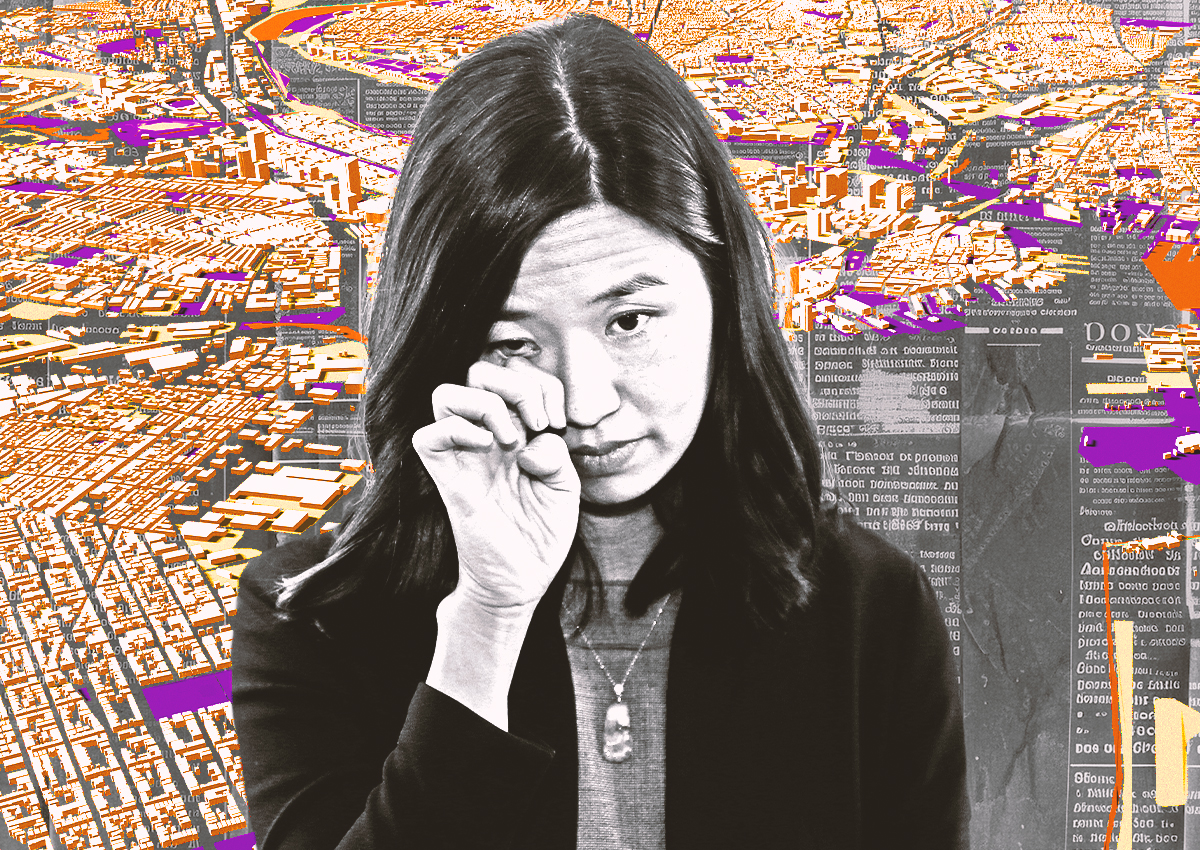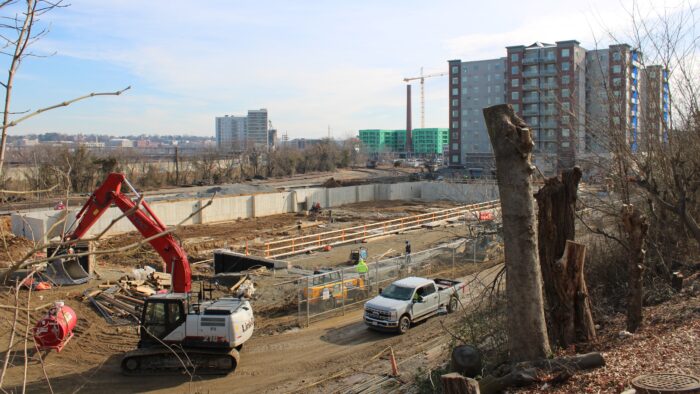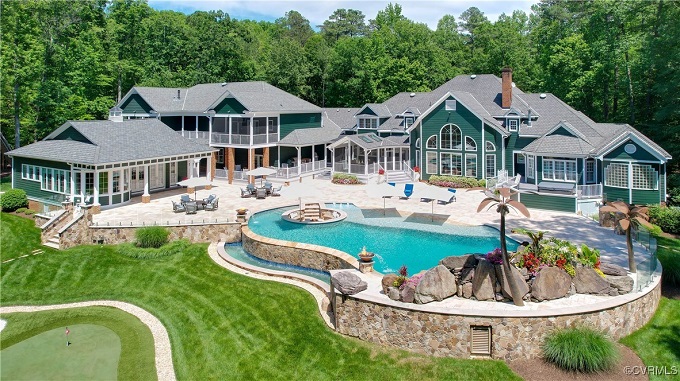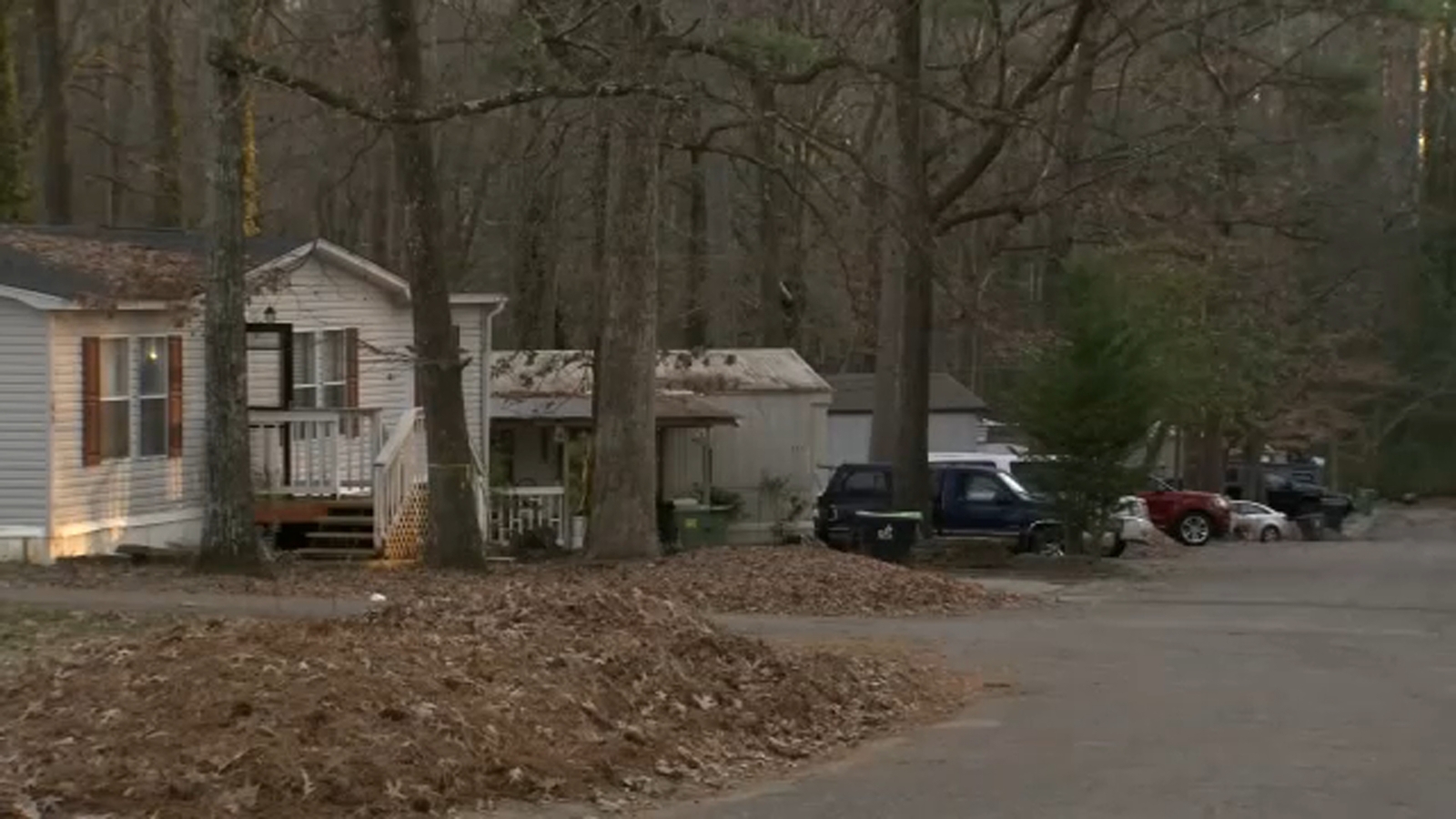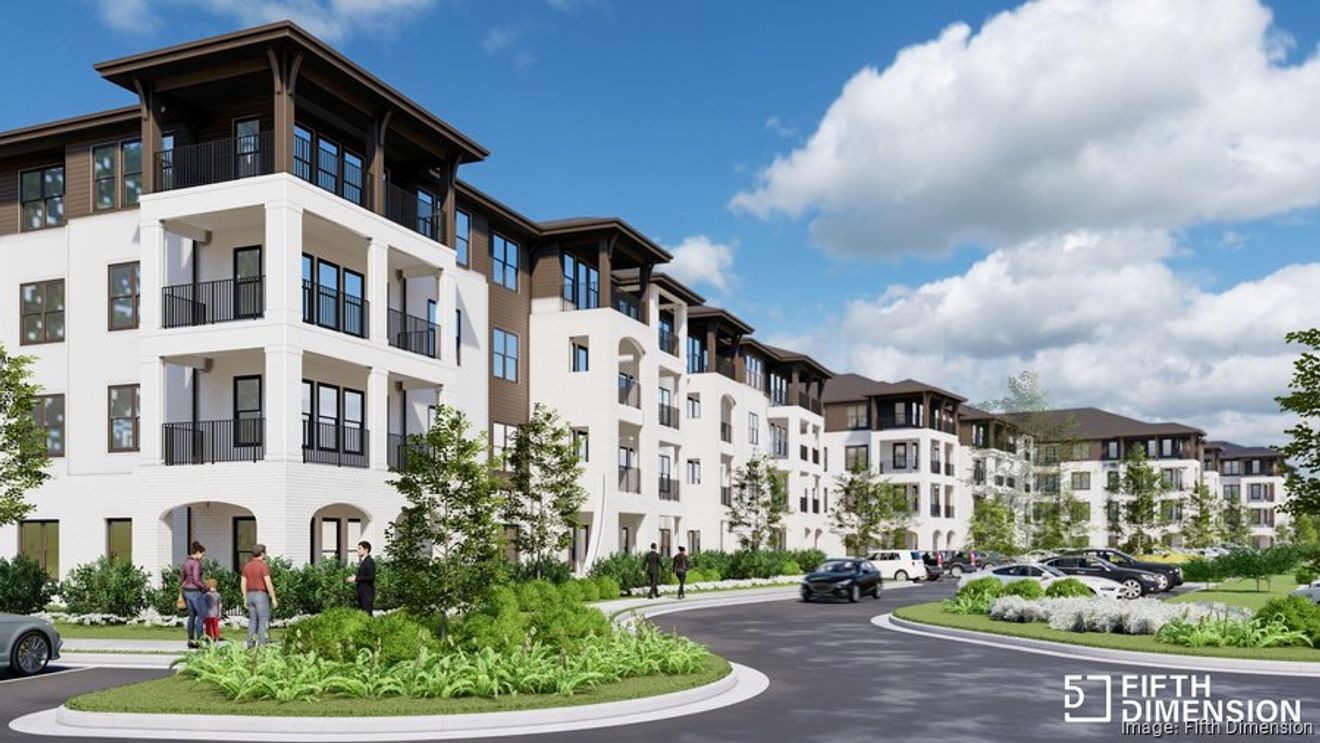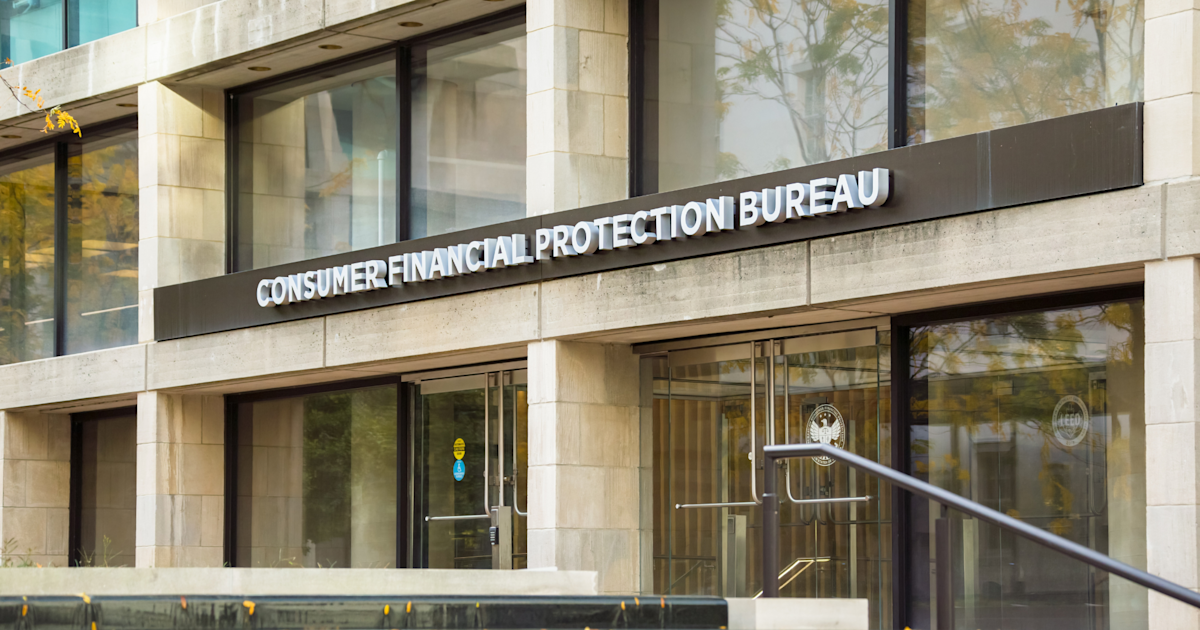B
oston's commercial landlords have been spared a bigger tax bill thanks to the Massachusetts State Senate's decision not to advance Mayor Michelle Wu's proposal to temporarily raise commercial property taxes. The plan, which would have shifted the burden from homeowners to office and other commercial landlords, stalled in the Senate despite passing the House of Representatives twice.
Senate President Karen Spilka cited a lack of support for the proposal, stating that many senators believe it tips the scales too far in one direction, potentially leading to an economic recovery setback in Boston. Wu had argued that the average homeowner would see a 10.5% increase in their annual tax bill without the proposal, which aimed to slash that increase to around 5%.
Commercial properties in Boston are currently taxed at a rate of about 2.5%, while residences are taxed at 1.1%. The city's reliance on commercial property taxes has made it vulnerable to economic downturns, with over a third of its tax revenue coming from these properties - a significantly higher share than other major cities like Chicago and Miami.
